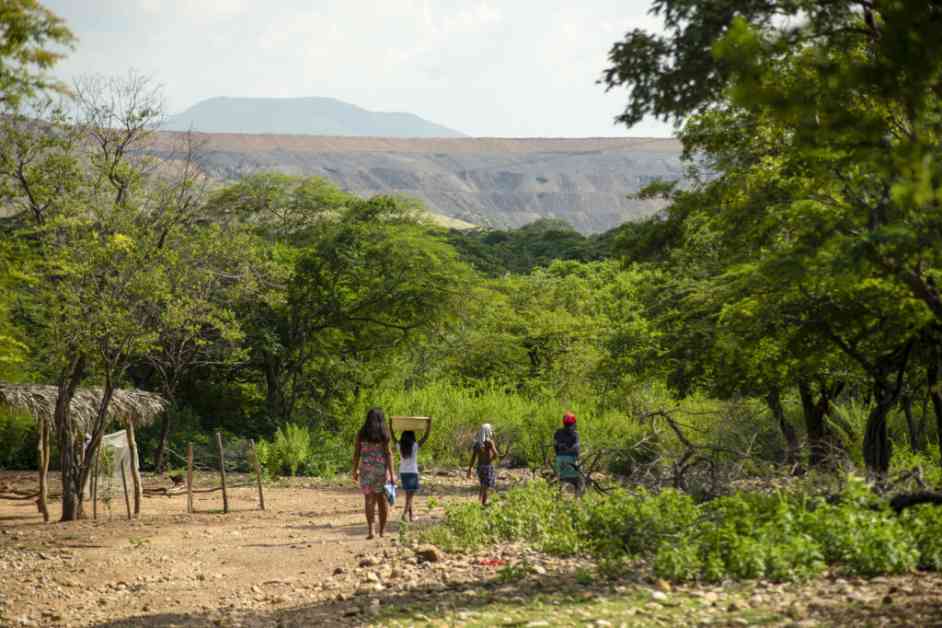**Biden Administration Takes a Stand Against Multinational Corporations**
The Biden administration recently made headlines with a groundbreaking deal that limits protections for multinational corporations in trade agreements. This move marks a significant shift in U.S. policy and could have far-reaching implications for the global economy.
### **The Deal in Detail**
The agreement, reached between U.S. Trade Representative Katherine Tai and Colombia Trade Minister Luis Carlos Reyes, focuses on investor-state dispute settlement (ISDS) provisions. ISDS allows foreign companies to sue governments over alleged violations of their rights, often resulting in substantial financial awards. These settlements have come under fire for prioritizing corporate profits over public interests and hindering climate action by penalizing countries that enact regulations to limit fossil fuels.
### **Implications and Reactions**
While critics of the ISDS system have welcomed the deal as a step in the right direction, some business groups and lawmakers have voiced opposition. Sen. Sheldon Whitehouse commended the agreement as progress but called for the complete elimination of ISDS to protect public interests. The Colombian American Chamber of Commerce criticized the limitations, citing concerns about restricted access to arbitration and reduced legal certainty.
### **Looking Ahead**
Experts remain divided on the effectiveness of the agreement and whether more significant changes, like abolishing ISDS, are necessary. Some advocate for legislative measures to address these issues, while others believe executive action may be sufficient. The deal with Colombia represents a starting point, but many hope for further reforms to protect public welfare and advance climate goals.
In conclusion, the Biden administration’s deal with Colombia signals a potential shift in how multinational corporations are held accountable in trade agreements. As discussions continue and new policies are proposed, the future of ISDS and its impact on global trade remains a topic of debate and scrutiny.
—
**About the Reporters**
Katie Surma, a dedicated investigative journalist with a background in law, and Nicholas Kusnetz, an experienced reporter in environmental journalism, have brought this crucial story to light. Their commitment to uncovering the truth and shedding light on pressing issues exemplifies the importance of independent journalism in today’s society. We commend their efforts in delivering essential news to readers like you.














